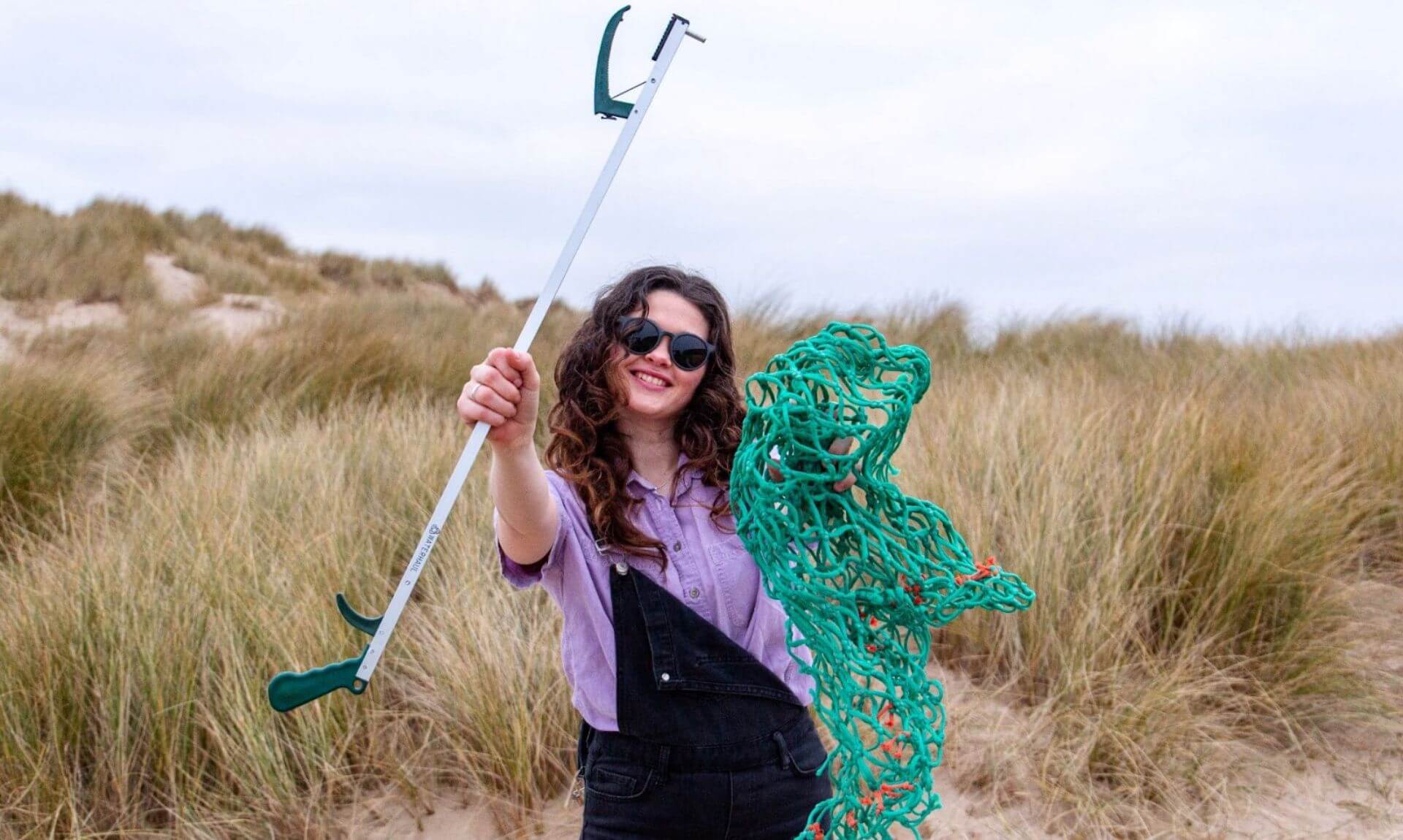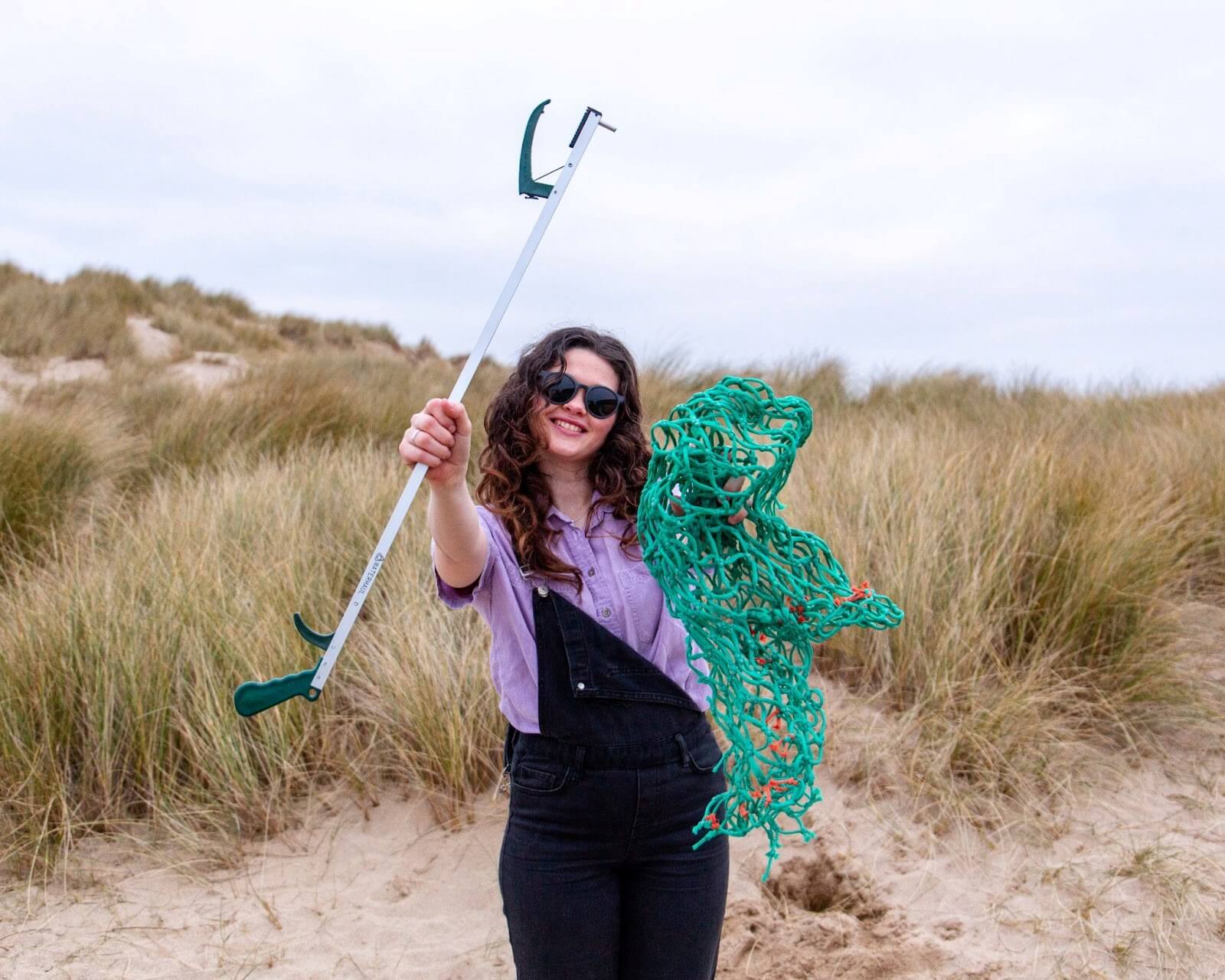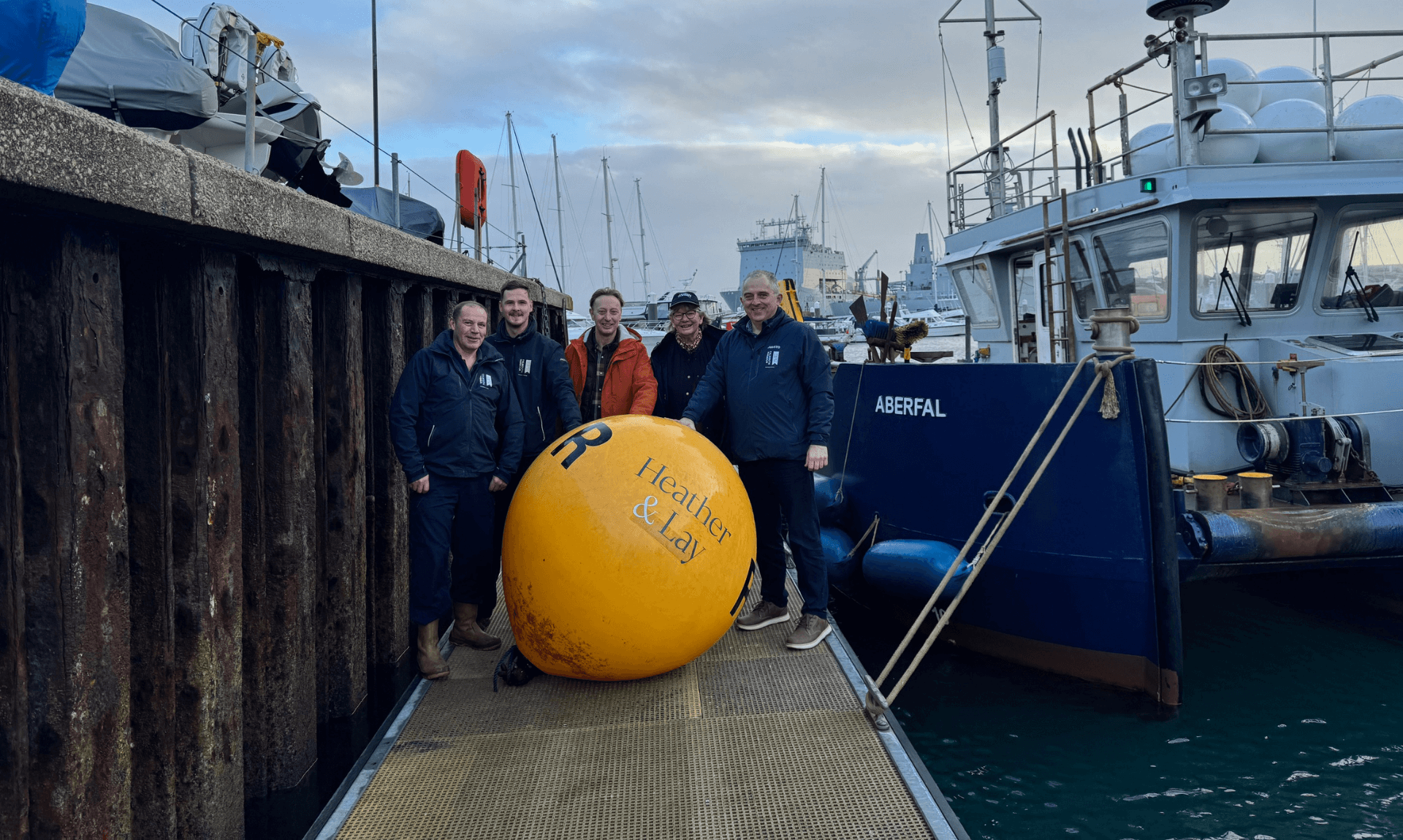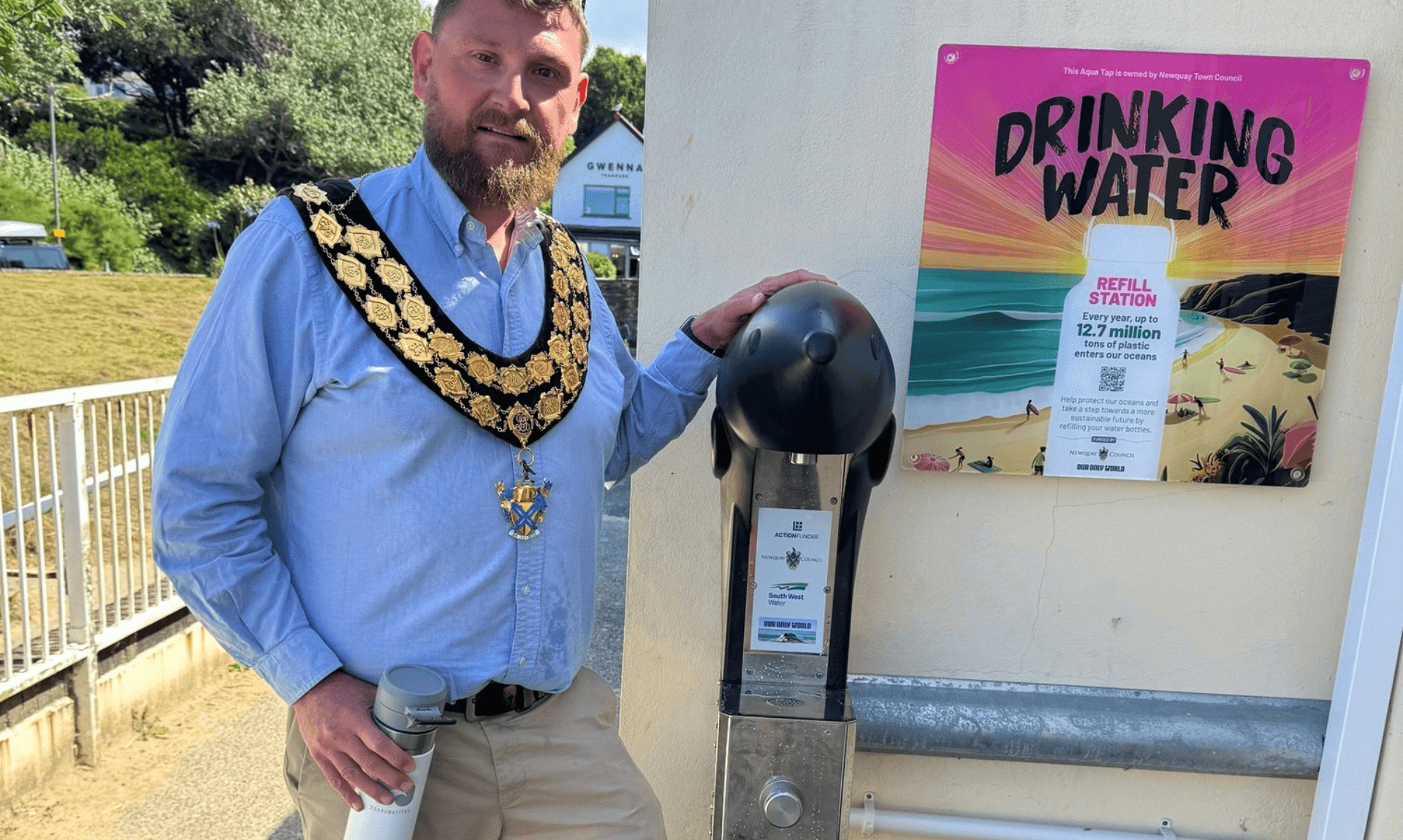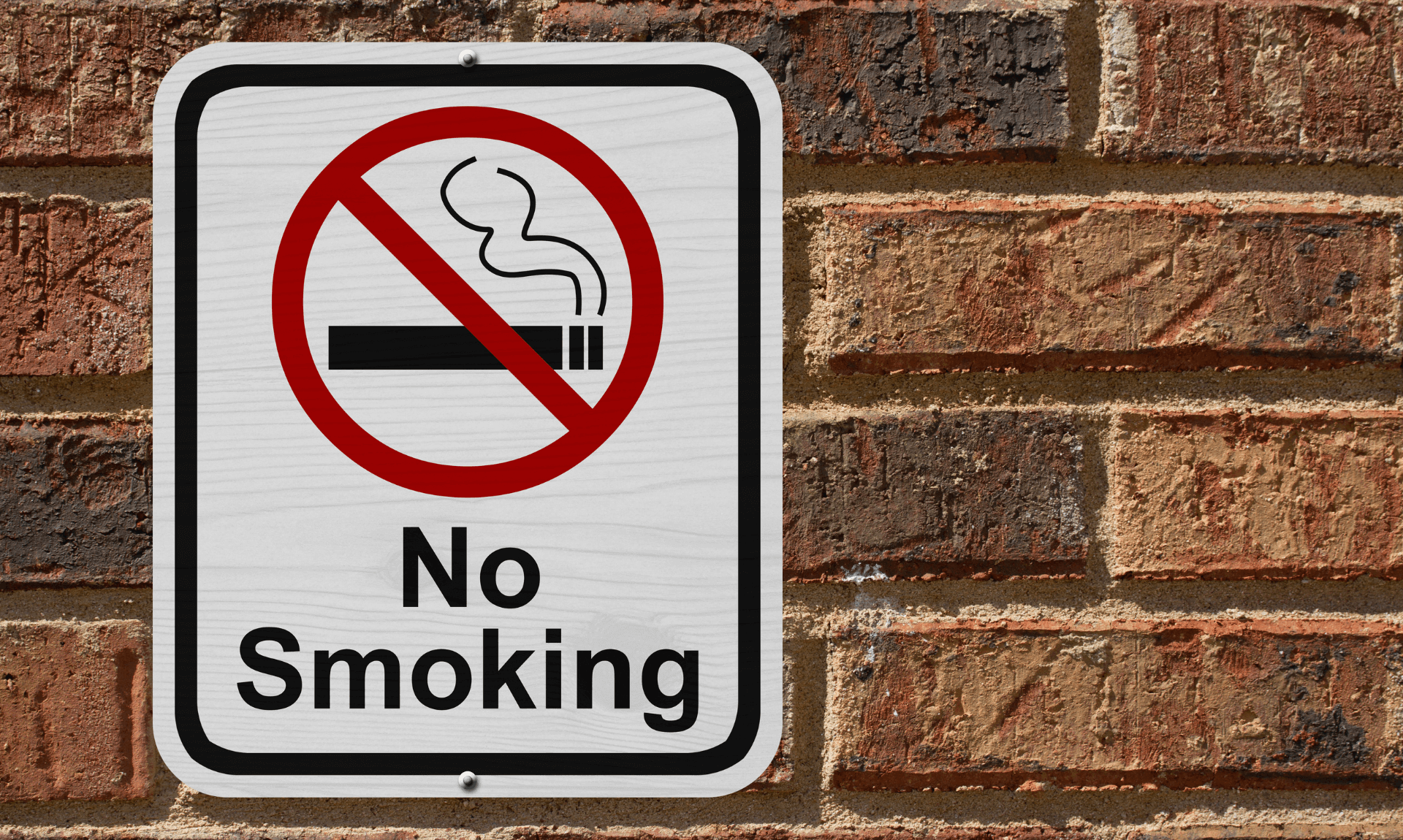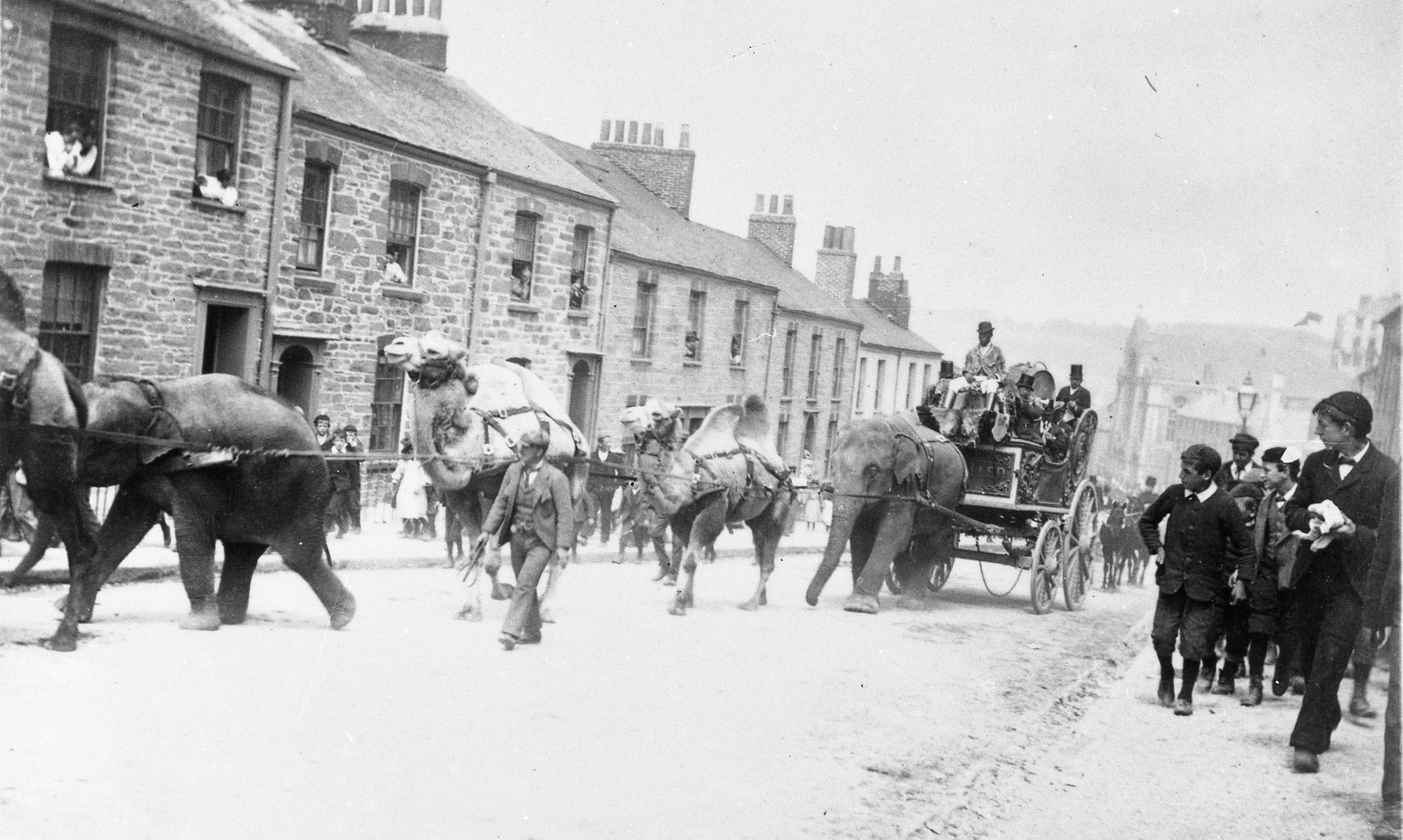Banish Deadly Ghost Gear from Our Shores: How You Can Help with the Great British Beach Clean
Cornwall-based social enterprise Waterhaul is leading the fight against ghost gear—abandoned fishing equipment that poses a serious threat to marine life—by turning it into sustainable resources like sunglasses and litter-picking gear. This effort comes as part of a wider initiative to reduce ocean waste and protect wildlife.
What Is Ghost Gear?
Ghost gear refers to fishing nets, lines, and traps lost or discarded at sea. Even when abandoned, this equipment continues to trap marine animals, damage habitats like coral reefs, and contribute to marine plastic pollution. The tough plastic used to make these tools can last for hundreds of years, with devastating effects on the ocean environment.
According to the Environmental Investigation Agency (EIA), 640,000 tonnes of ghost gear enter the world’s oceans each year. To put that in perspective, this is equivalent to over 1.4 trillion cotton buds【source】. As this ghost gear washes up on shorelines, it becomes part of the plastic litter that blights the UK’s beaches.
The Role of Waterhaul
Waterhaul is tackling the problem head-on by repurposing ghost gear. Harry Dennis, a marine scientist and founder of Waterhaul, explains the impact of this work: “The properties that make ghost gear so difficult to deal with—its abundance, strength, and durability—also make it a brilliant resource to repurpose into something new.”
The company’s efforts are part of a larger movement to reframe plastic waste as a valuable resource. By recycling ghost gear, Waterhaul creates products like sunglasses, litter-picking tools, and outdoor equipment. This not only helps remove harmful materials from the environment but also raises awareness about the hidden issue of ghost gear pollution.
The Great British Beach Clean
One of the ways you can get involved is by joining the Great British Beach Clean, running from 20th to 29th September. This nationwide event invites people across the UK to take action against marine litter by heading to their local beaches to help clean up waste, including ghost gear. Data collected during the event helps scientists and policymakers track changes in pollution and develop better strategies to combat the problem【source】.
How to Get Involved
There are several ways to take part in the fight against ghost gear:
- Litter Picking: Bring a litter picker to your local beach and dispose of any plastic waste you find, recycling where possible.
- Send Ghost Gear to Waterhaul: If you collect smaller amounts of ghost gear, you can send it directly to Waterhaul for recycling through their Money for Old Rope campaign【source】.
- Report Large Ghost Gear: If you find large or difficult-to-remove pieces of ghost gear, such as nets or ropes, report it! You can contact Waterhaul or local authorities for safe removal.
- Raise Awareness: Share information about the scale of ghost gear pollution to help spread the word. The more people understand the issue, the more action can be taken to resolve it.
Ghost Gear’s Impact on Marine Life
The consequences of ghost gear are all too real. In September 2023, a humpback whale was found entangled in ghost gear in Algoa Bay, South Africa. If left unchecked, the equipment attached to the whale would have led to its slow and painful death. Thankfully, local partners of the World Cetacean Alliance (WCA) were able to remove the ghost gear. This reclaimed material is now being recycled into Waterhaul’s 2024 Rescue to Recycle collection, which includes high-performance sunglasses. A portion of every sale from this collection will support the WCA and its partners【source】.
A Hidden Environmental Crisis
While bans on single-use plastics and plastic bag charges have reduced visible litter like bottles and cotton buds, ghost gear remains one of the most dangerous forms of ocean plastic pollution. Harry Dennis stresses that not enough is being done to tackle this hidden crisis: “Ghost gear has been a hidden issue for far too long, as thousands of tonnes of discarded fishing gear continue to trap and entangle marine life.”
By transforming ghost gear into valuable, sustainable products, Waterhaul aims to turn this environmental problem into an opportunity for positive change.
Final Thoughts
Ghost gear may be out of sight for many, but its impact on our oceans is catastrophic. By joining the Great British Beach Clean and supporting initiatives like Waterhaul’s recycling efforts, individuals can make a significant difference. Whether it’s through litter picking, reporting large finds, or raising awareness, every action helps tackle this massive issue.
*Keep scrolling* to understand the true scale of ghost gear pollution compared to the most visible plastic litter on our coasts. Action needs to be taken to combat this hidden issue. 
Share This Story, Choose Your Platform!
To keep up with the latest cornish news follow us below
Follow CornishStuff on Facebook - Like our Facebook page to get the latest news in your feed and join in the discussions in the comments. Click here to give us a like!
Follow us on Twitter - For the latest breaking news in Cornwall and the latest stories, click here to follow CornishStuff on X.
Follow us on Instagram - We also put the latest news in our Instagram Stories. Click here to follow CornishStuff on Instagram.
You Might Also Be Interested In
Don’t Miss What’s Happening in Cornwall
Join others in Cornwall by receiving the latest daily news in Cornwall, sent direct to your inbox.

